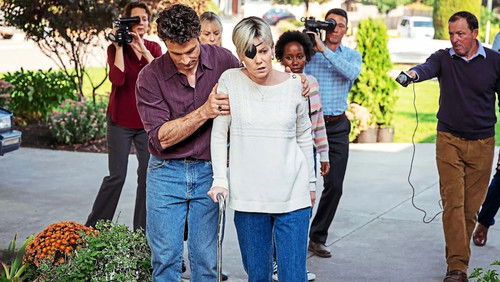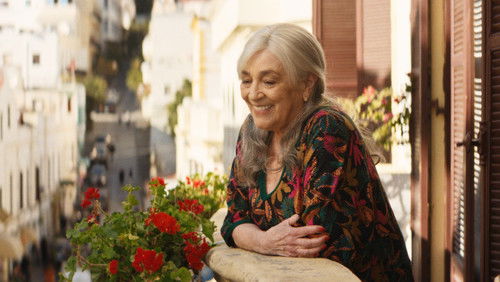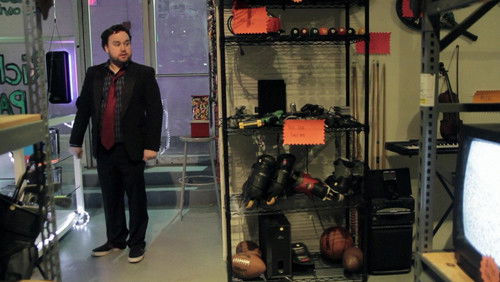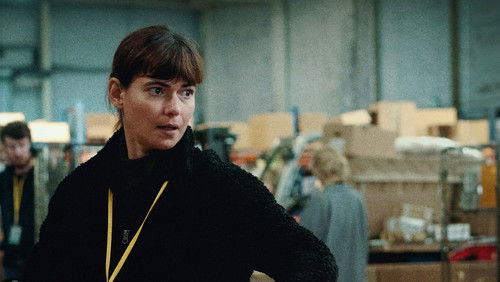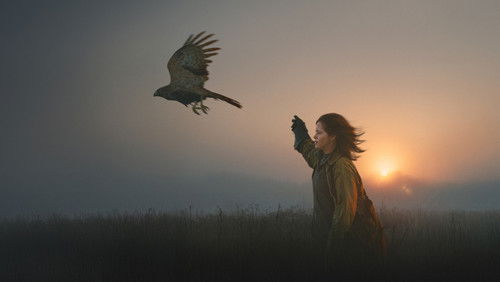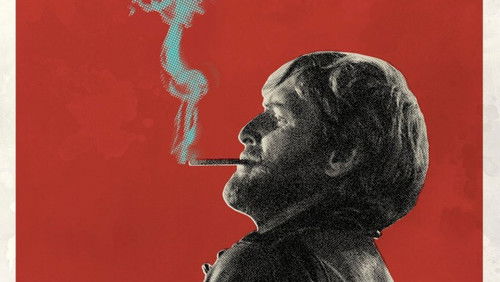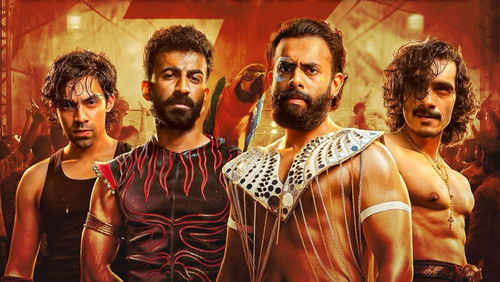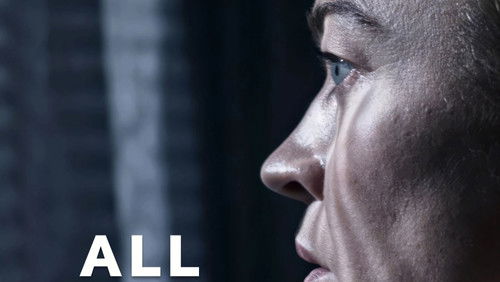Rengeteg (2003)
14KRengeteg: Directed by Benedek Fliegauf. With Rita Braun, Barbara Csonka, Laszlo Cziffer, Gábor Dióssy. The life of young men and women in Budapest in the 21. century.
“Forest begins with a wordless sequence in which we see people entering a busy shopping mall, to a soundtrack dominated by an ominous, rhythmic rumbling. The camera holds on certain faces for a few seconds before moving on. Next, in a series of long scenes, we see these people going about separate lives which occasionally intersect. The film ends with a repeat of the opening sequence – which by now has an altogether different set of meanings and resonances.u003cbr/u003eu003cbr/u003eLast year a pair of promising new Hungarian directors emerged on the international film-festival circuit in Kornel Mondruzco (Pleasant Days) and Gyorgy Palfi (Hukkle). Now along comes Benedek Fliegauf, whose debut announces a film-maker not merely of strong potential, but of impressive achievement. David Strattonu0026#39;s review of Forest in Variety magazine includes two startling facts – that Fliegaufu0026#39;s application to the Hungarian Film School was rejected (how long will those responsible remain in their posts?) and that Forestu0026#39;s large cast* is made up entirely of (unpaid) non-actors.u003cbr/u003eu003cbr/u003eIf this is true, Hungary must either have a huge reservoir of untapped talent among its ordinary citizens, or else Fliegauf is some kind of genius at handling his u0026#39;performers.u0026#39;.Thereu0026#39;s no weak link in any of the scenes, which are usually intense two-handers between people in various kind of relationship or personality crisis. Weu0026#39;re never `toldu0026#39; who any of the characters are, or where they live, or (in many cases) their names. Zoltan Lovasiu0026#39;s hand-held digital-video camera is almost invariably u0026#39;in your faceu0026#39; – or rather in their faces – holding close-ups for minutes at a time, or swinging back and forth between the participants to record their reactions: there are few cuts within scenes (Lili Fodor is credited as editor).u003cbr/u003eu003cbr/u003eThough full of talk, Forest is an inscrutable structure riddled with tantalising ellipses: the film is a mood piece, constantly hovering between comedy and nightmare. Scenes may begin in relatively innocuous style, but soon detour into troubling, sinister territory – as when a thirtysomething father discusses his 10-year-oldu0026#39;s dawning sexuality with his increasingly unsettled wife; or when the discussion between a pair of young lads, apparently about the purchase of an old car, takes an abrupt turn into weirdness as they start talking about another, unspecified, apparently human u0026#39;objectu0026#39; one of them has acquired.u003cbr/u003eu003cbr/u003eDialogue-heavy and structured as a series of confrontations, Forest may seem like material better suited to the stage than the screen – or perhaps a short-story collection. But Fliegauf (with Lovasi) is careful to make this an explicitly cinematic experience: the tight focus and wobbly pans emphasise just how much we are being directed towards certain details – itu0026#39;s often frustrating that we arenu0026#39;t allowed to see the u0026#39;whole picture,u0026#39; especially towards the end when thereu0026#39;s a very mysterious, short sequence set around a campfire.u003cbr/u003eu003cbr/u003eAt such times, Fliegaufu0026#39;s approach can feel like a slightly strained kind of strained eeriness – the nature of the project is such that some will inevitably complain that it is too wilfully and self-indulgently enigmatic. But the directoru0026#39;s intriguing ideas about storytelling style and content, plus his assured control of sound and image suggest he deserves the benefit of any doubt: Forest is the poetic, ambiguous, rewarding debut of an ambitious artist whose chosen medium happens to be cinema.”
